Tagore Views on Spiritual Evolution:
Tagore had imbibed a feeling of personal piety from his father right from his childhood. In later years he began to lose interest in institutionalized religion and was in search of a poet’s religion. His close contact with nature became a spiritual experience for him. He had yearning for nature rather than inquisitiveness about her. In course of time, he came to subscribe to the pantheistic conception of the universe, i.e., the unseen spirit animates all the objects in the universe. However, he could not satisfied with a vague God but wanted something more specific. So he visualized a personal God, stirring the soul and directing the inner men even as he was universally present. This God, whom he named Jiwan Devata, was the result of his efforts to fuse Gnana, Bhakti and Karma approaches and to seek complete union with God through all the three faculties in the identification of God with man. In general. his poetry was a record of his religious experience. In later years, the Religion of Man became his theme in all poems and speeches.
Tagore’s theory of God has its roots in the Upanishads. Tagore does not conceive of the ultimate reality always as a personal God. He acknowledged that the personal God of Bhakti is the same as the Brahman of the Vedanta and thus affects the fusion of the emotional and intellectual approaches. The same sort of duality and fusion is conceived in the relation between God and Man. Self and non-self are the manifestations of the same phenomenon, the relation between God and Man. While a personal God is envisaged, the human soul is conscious of its independent existence, i.e., self, and yearns for God through love. But if God is thought of as the Absolute, the self becomes non-existent, and God, man and universe become identical. So the destiny of man is to merge himself with the Infinite. With every step man takes towards this destiny, he gains in reality but loses in individuality. ‘Man’s abiding happiness is not in getting anything but in giving himself up to what is greater than himself. To achieve this, Tagore holds that education is deliverance from ignorance. As we overcome ignorance, we realize Self and the Absolute. But ignorance cannot be removed through the senses or reason but only through intuition which intensifies as man overcomes his personal desires. It is the function of poetry, according to Tagore, to set men free from their desires. The artist or poet himself can get rid of his desire if he eliminates the distinction between himself and the universe.
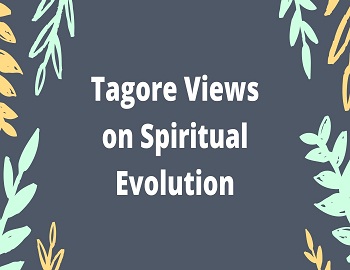
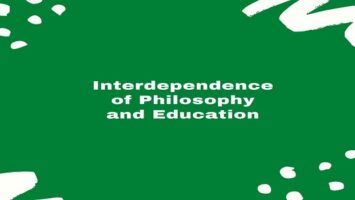
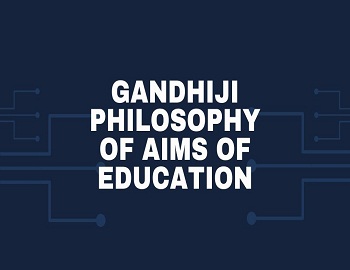
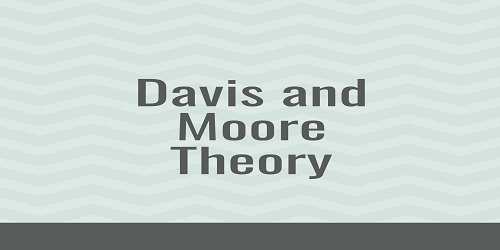
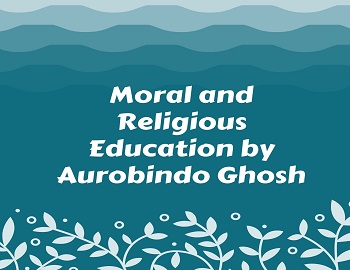

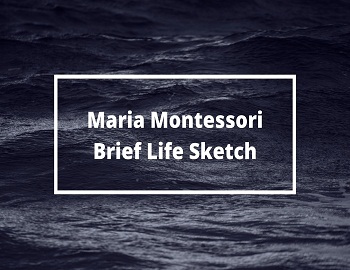
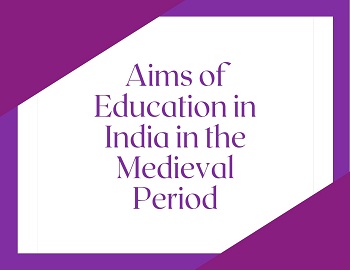
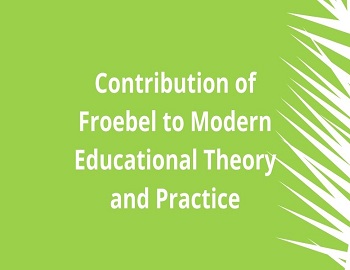
Comments (No)